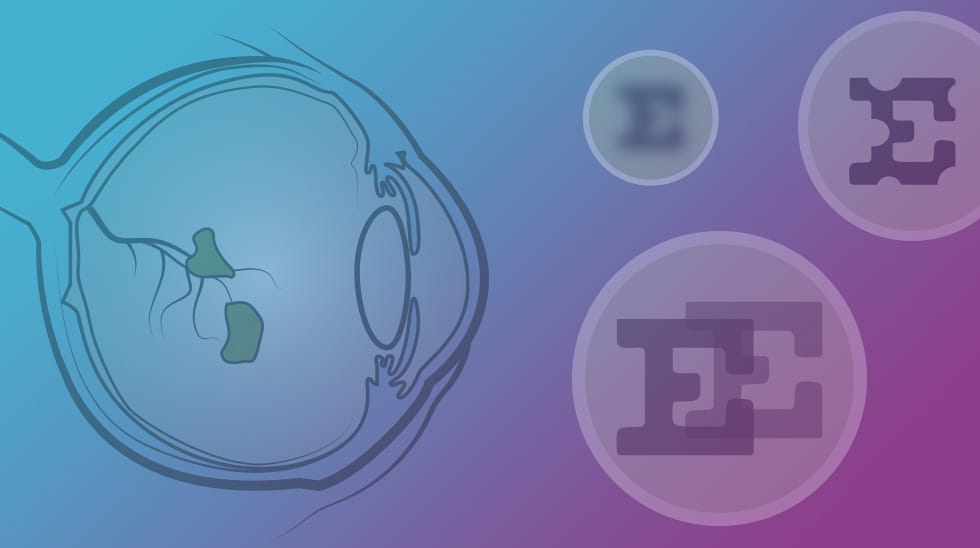FDA Approves New Treatment Option for People with Diabetic Retinopathy
April 17th, 2017
On April 17, 2017, the FDA granted approval to Lucentis® (ranibizumab injection) 0.3 mg for the monthly treatment of all forms of diabetic retinopathy. With this approval, Lucentis becomes the first and only FDA-approved medicine to treat diabetic retinopathy in people who have been diagnosed either with or without diabetic macular edema (DME), a complication of diabetic retinopathy that causes swelling in the back of the eye.
News in brief
- First and only medicine FDA-approved to treat all forms of diabetic retinopathy
- Granted Priority Review Designation by the FDA based on analysis of results from a National Institutes of Health (NIH)-funded collaborative group study
- The most common cause of vision loss in people with diabetes, diabetic retinopathy is the leading cause of blindness among adults aged 20 to 74 and affects nearly 7.7 million people in the U.S.

“Diabetic retinopathy is the leading cause of vision loss among working-aged adults in the U.S. between the ages of 20 and 74. We are very pleased that Lucentis is now FDA-approved to treat retinopathy in people with and without DME. In multiple clinical studies, Lucentis demonstrated a significant improvement of patients’ diabetic retinopathy, and it is the first and only anti-VEGF therapy approved to treat all forms of diabetic retinopathy.”
